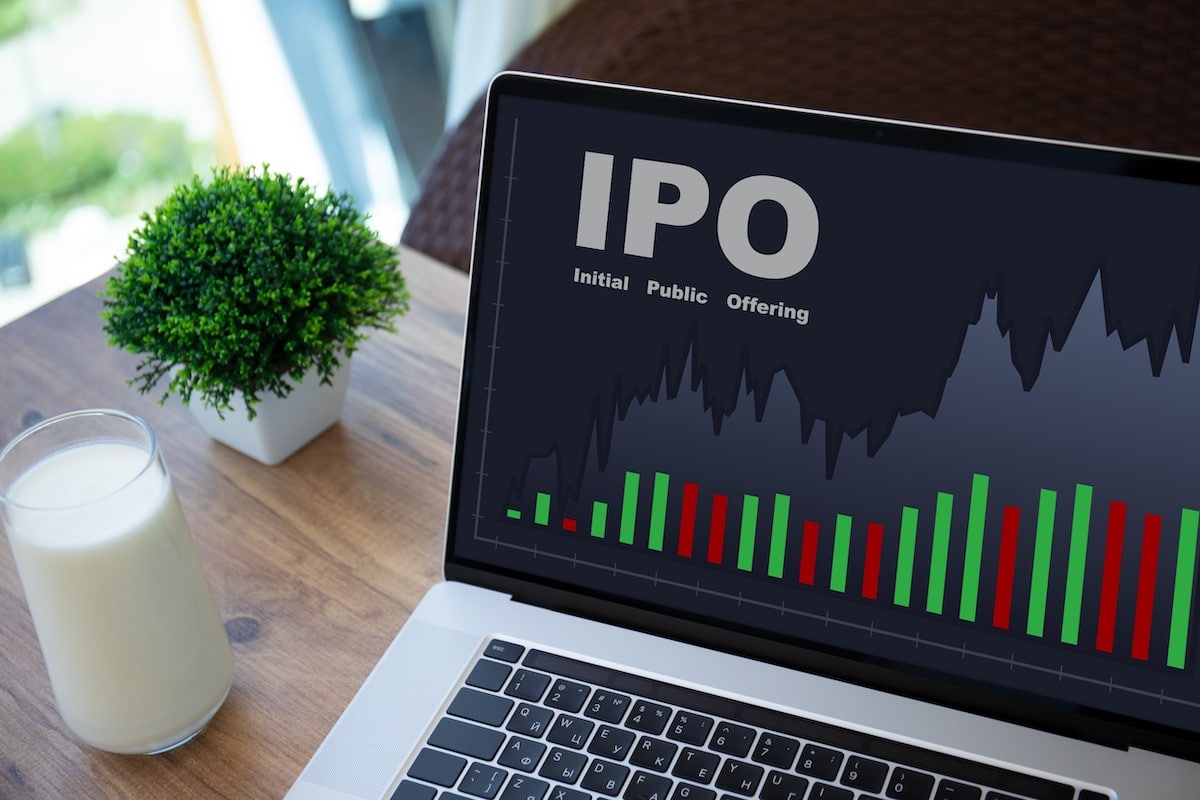An initial public offering (IPO) is the process by which a privately held company becomes publicly traded by issuing shares of stock to the public. Meanwhile, an Initial Coin Offering (ICO) is a fundraising method used by companies and projects to raise capital by issuing and selling digital tokens, often called “coins” or “tokens” to investors. The tokens are typically based on blockchain technology, which is a decentralized and distributed digital ledger that records transactions on multiple computers.
What Is the Process of Launching an IPO?
In order to launch an IPO, you will normally go through the following process: (1) hiring an investment bank; (2) registering with the SEC; (3) undergoing due diligence; (4) undergoing roadshow; (5) undergoing pricing and allocation; and (6) undergoing the process of trading.
At first, the company will typically hire one or more investment banks to act as underwriters for the IPO. The investment bank will help the company determine the appropriate price for the shares, and will handle the legal and regulatory aspects of the IPO. Then, the company will file a registration statement with the Securities and Exchange Commission (SEC), which includes detailed information about the company’s financial condition, management, and the terms of the offering.
Once an investment bank has been hired, they will conduct due diligence to verify the information in the registration statement and to assess the company’s financial condition. The company and the investment bank will conduct a roadshow to market the IPO to potential investors. The roadshow will typically involve presentations to institutional investors and analysts.
Afterwards, the company and the investment bank will determine the final price for the shares, and allocate shares to the investors; finally, the shares will begin trading on an exchange, such as the NYSE or NASDAQ, once the IPO is complete.
What Are Some of the Risks of an IPO?
The process of going public can be time-consuming and costly, and the success of an IPO depends on a number of factors, including the company’s financial performance, the overall market conditions, and investor sentiment; as a result, the process of launching an IPO can be very risky.
What Is the Process of Launching an ICO?
An ICO is similar to an IPO in that it allows a company to raise capital by issuing and selling securities to the public. However, unlike an IPO, the securities being sold in an ICO are digital tokens that are created and maintained on a blockchain.
During an ICO, a company will typically (1) publish a whitepaper outlining the details of their project, including the problem they are trying to solve, the technology they are using, and the specific use-cases for the token. They will then (2) set a fundraising goal and a deadline by which they hope to raise the funds. This allows investors to purchase the tokens using digital currencies, such as Bitcoin or Ethereum, and the tokens can be used to access the company’s product or service, or to participate in the governance of the network.
What Are Some of the Risks of an ICO?
It’s worth noting that ICOs are highly speculative and there is a high risk of fraud, so it’s important to conduct thorough research and understand the risks involved before investing. Additionally, the lack of regulation and oversight in the ICO market can make it a prime target for fraud and scams. Also, the regulations for ICOs in some countries are not very clear and can be a grey area.








